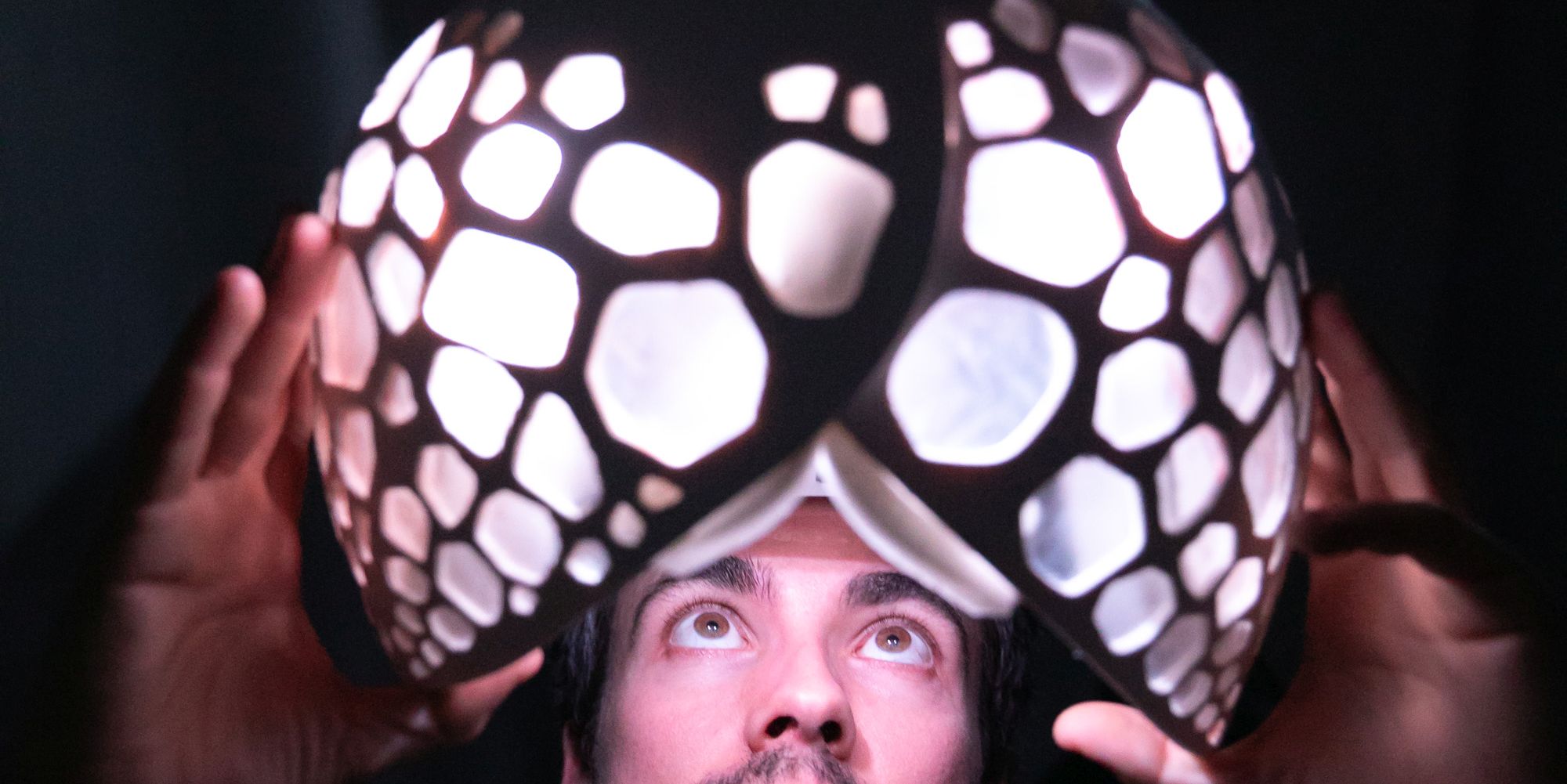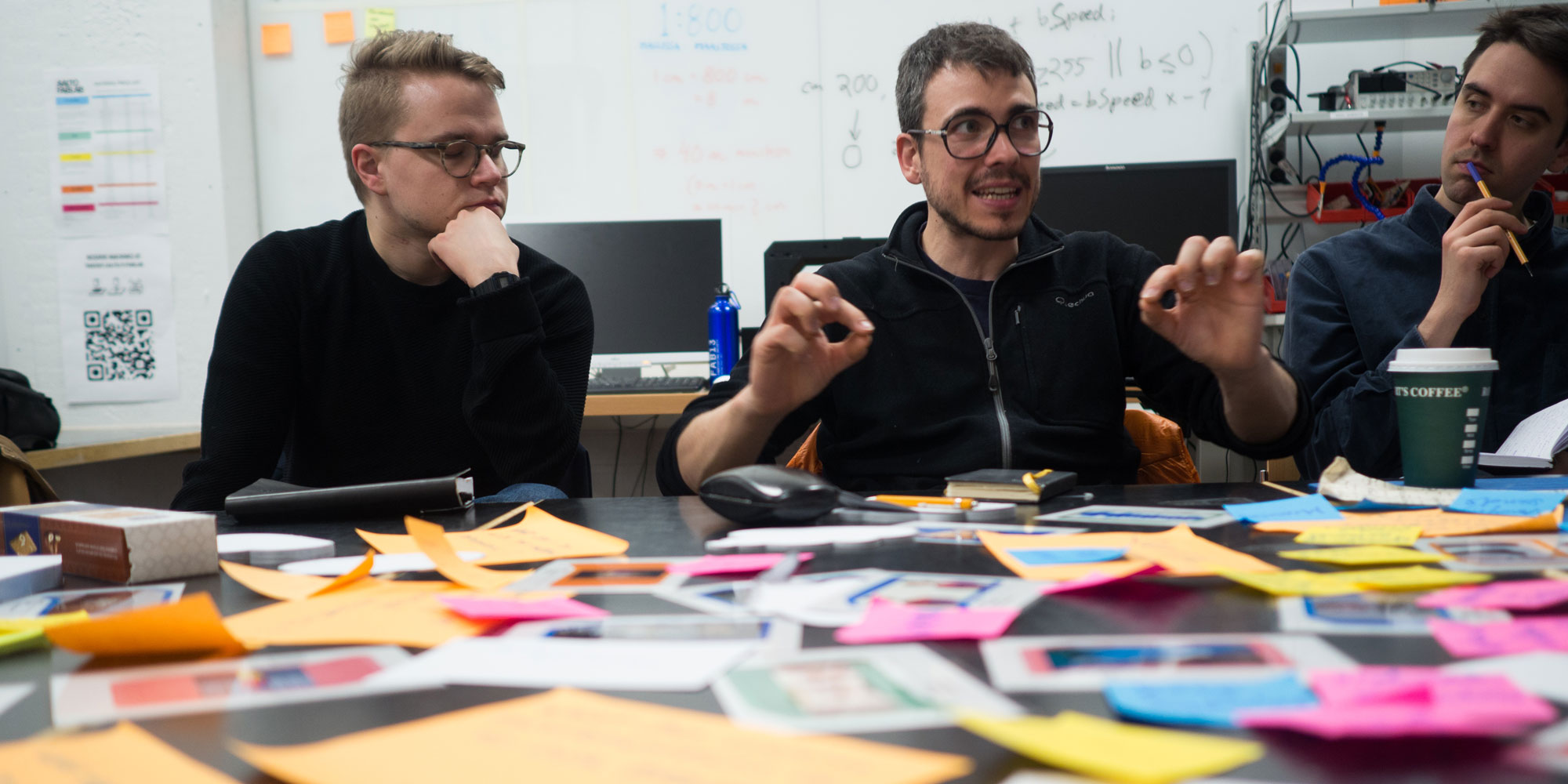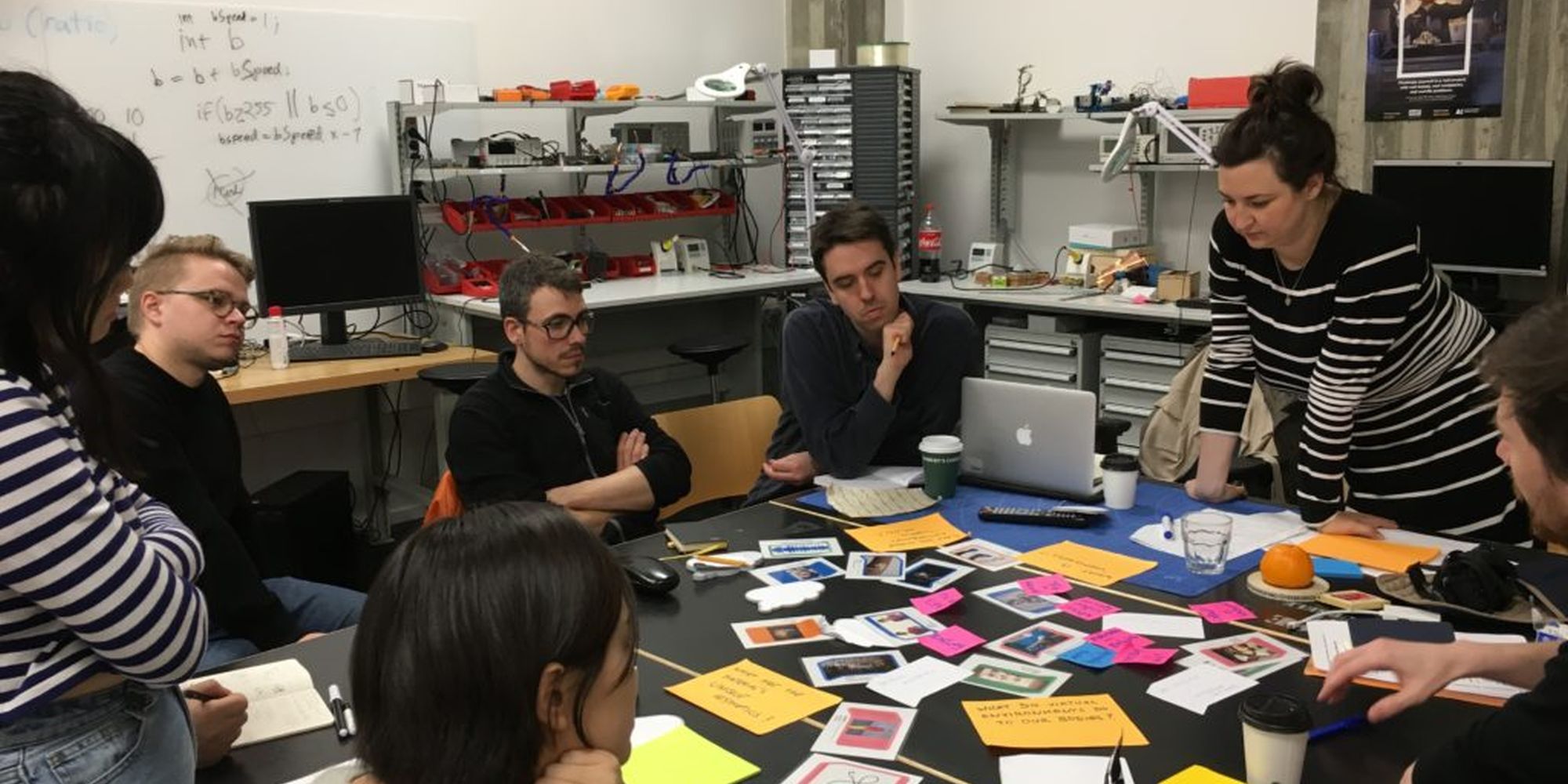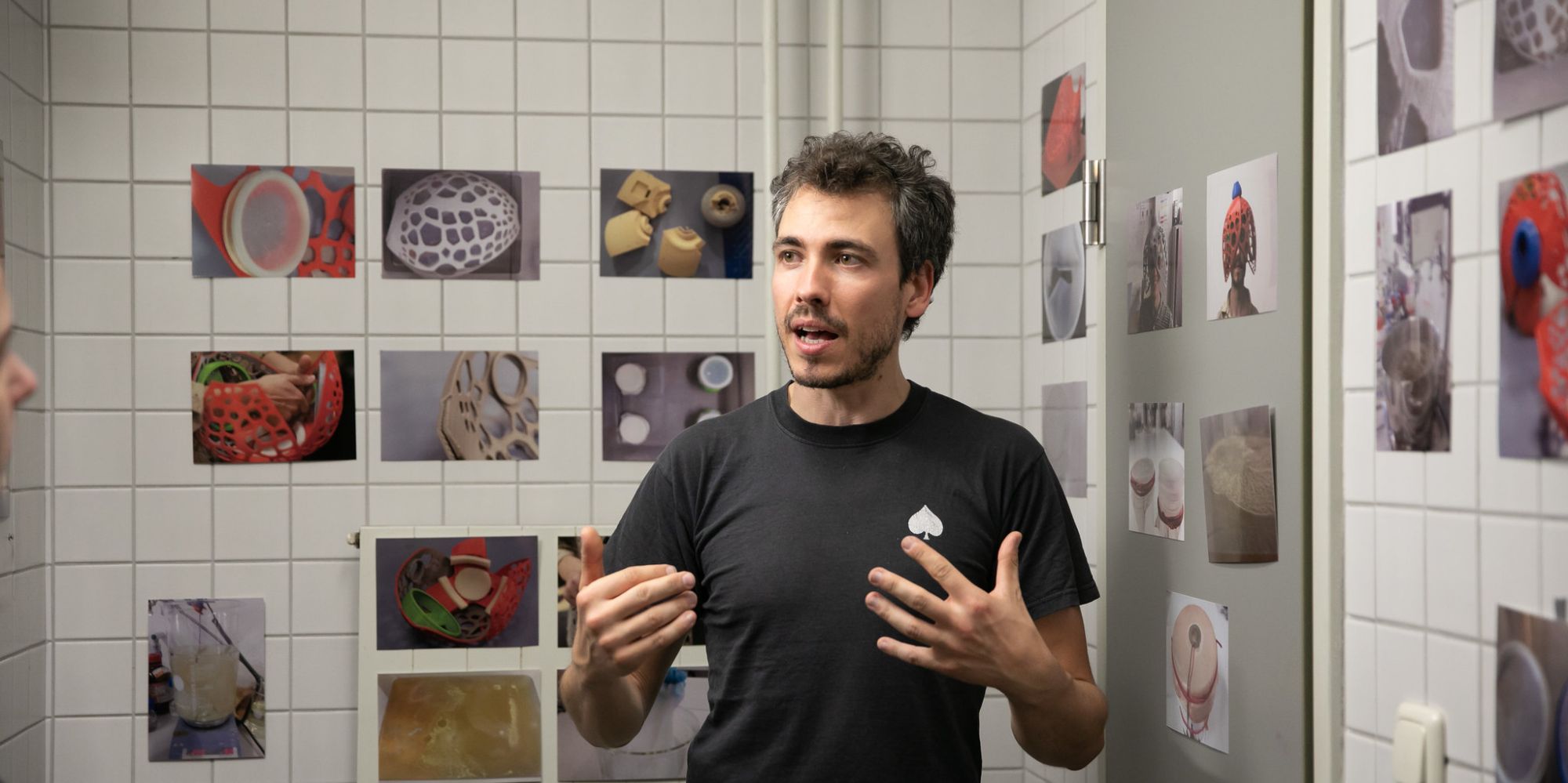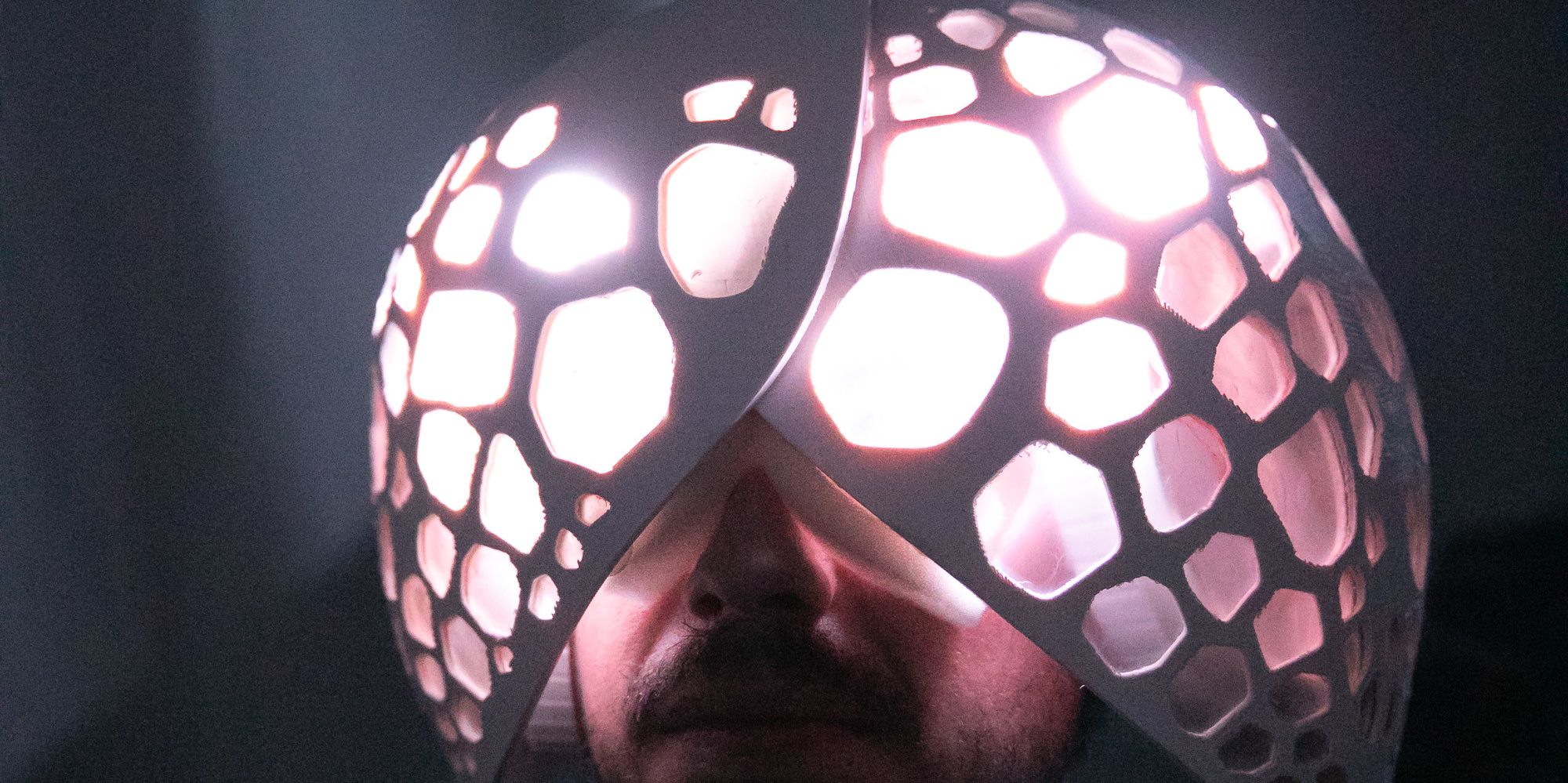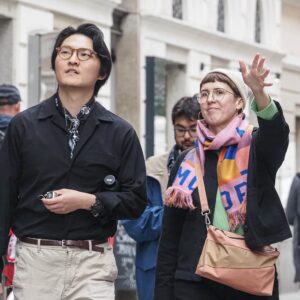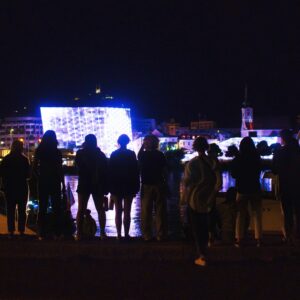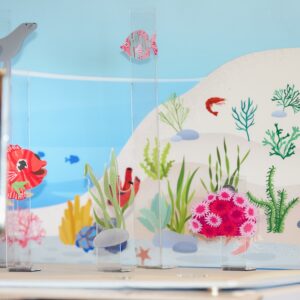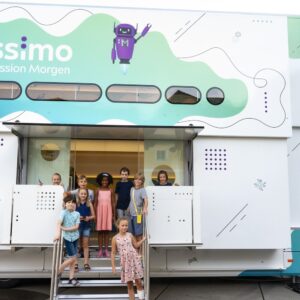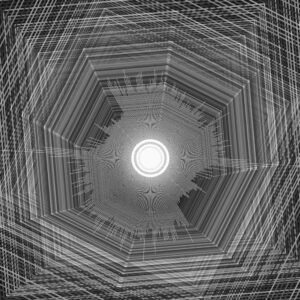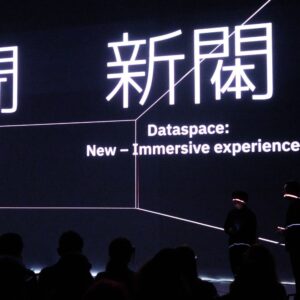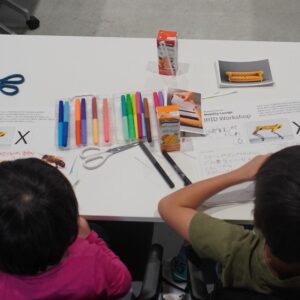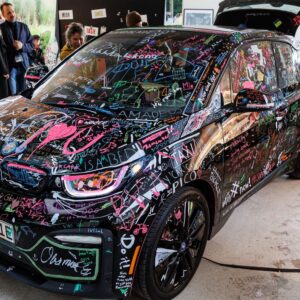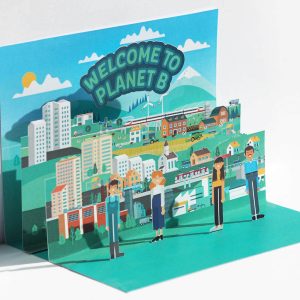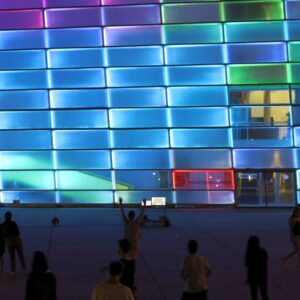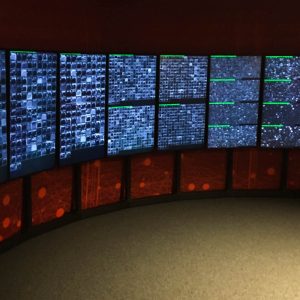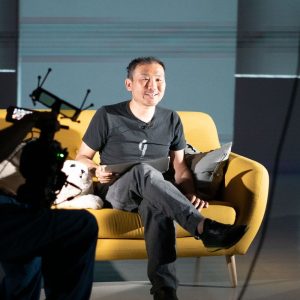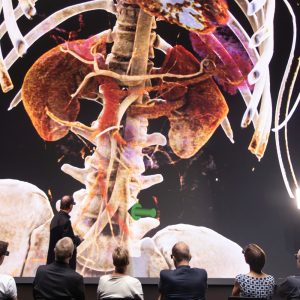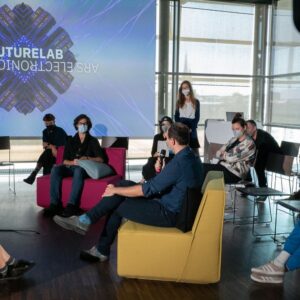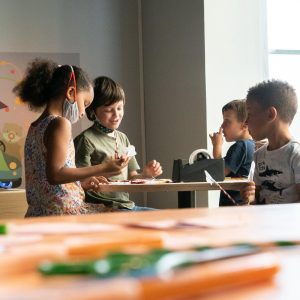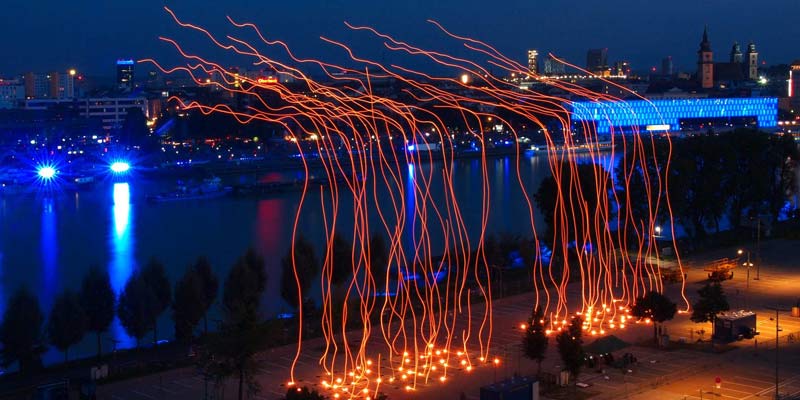The Ars Electronica Futurelab Academy was founded as part of the Futurelab Education Initiative to encourage international partner universities to engage in transdisciplinary practice. Beyond the boundaries of different disciplines and forms of expression, Futurelab Academy participants work on projects at the intersection of scientific research, technological developments and artistic expression. Students and teachers thus benefit from a variety of perspectives and methods. They leave their discipline-specific norm, finding new approaches and building new collaborations. In this way, they are able to consciously delimit and decisively transcend the structures of their own field.
In 2018, the Media Lab Helsinki of Aalto University became involved in as a new cooperation partner. As part of the School of Arts, Design and Architecture at Aalto University, the Lab seeks to understand digital technologies and their impact on society. The focus is on opening up new possibilities for communication, interaction and expression with these technologies. The Systems of Representation working group, whose research focuses on cultural signs, knowledge storage and digital development, met with researchers from the Ars Electronica Futurelab within the framework of the Academy and organized the accompanying seminar at Aalto University.
Participants moved between the fields of technology, evolution and fashion, significantly inspired by biological phenomena such as vestigiality: organs or body parts that regressed over the millennia, but whose traces still refer to functions that were once part of the biological genome. They served as an impetus for an examination of topics and works related to wearables, human enhancement and sensory enhancement technologies. Within this framework, a wide variety of models and concepts was developed. Biocellulose was used for the prototypes in order to sound out the potential of the sustainable material.
The direct collaboration with another institute of Aalto University, the School of Chemical Engineering was especially advantageous. Students and lecturers from the Department of Bioproducts and Biosystems in the section of Biobased Colloids and Materials, were intensively involved in the research, artistic processes and activities of the Futurelab Academy.
The Aalto Studios and the Aalto FabLab were also involved in the production and research process. After several feedback loops with the Futurelab team, the project The living threshold – Blindphones was implemented by Andrea Mancianti in the studios and labs of Aalto University. Mancianti developed a head-mounted-display inspired by plant structures. By restricting sight, the display directs the user´s attention to the sense of hearing and thus intensifies it. The alternative Low-Fi, Low-Tech Sonic Headset is supposed to put the user into a hallucinatory-meditative state based on the psychedelic tradition of early VR art.
The living threshold – Blindphones was presented as an installation at the Ars Electronica Festival 2018 alongside the entire research process and artistic approaches of the transdisciplinary seminar.
Credits
Institutions: Aalto University, School of Arts, Design and Architecture, Department of Media, MediaLab and the School of Chemical Engineering, Department of Bioproducts and Biosystems, Biobased Colloids and Materials research group, Aalto Studios, Aalto FabLab
Art and science collaborators: Prof. Lily Dìaz-Kommonen, Prof. Orlando Rojas, Prof. Philip Dean, Luiz Greca, Janika Lehtonen, Solomon Embafrash
Ars Electronica Futurelab: Peter Holzkorn, Maria Pfeifer
Students enrolled in the Futurelab Academy @Media Lab Helsinki 2018: Janne Koivisto, Leo Kosola, Andrea Mancianti, Misael Rojas Terraza, Nguyen Thu, Shen Yin-Chiung
The living threshold – Blindphones: Andrea Mancianti, Joasia Cieslak (musician), Philip Hector (design advisor), Niklas Pöllönen (CAD modelling assistant)
Related Projects
Take a look at some of our other projects
From our never-ending list of ideas and concepts we have compiled a selection of works related to the topics addressed in this project. An overview of all our productions, cooperations and projects can be found in our continuously growing project archive.
